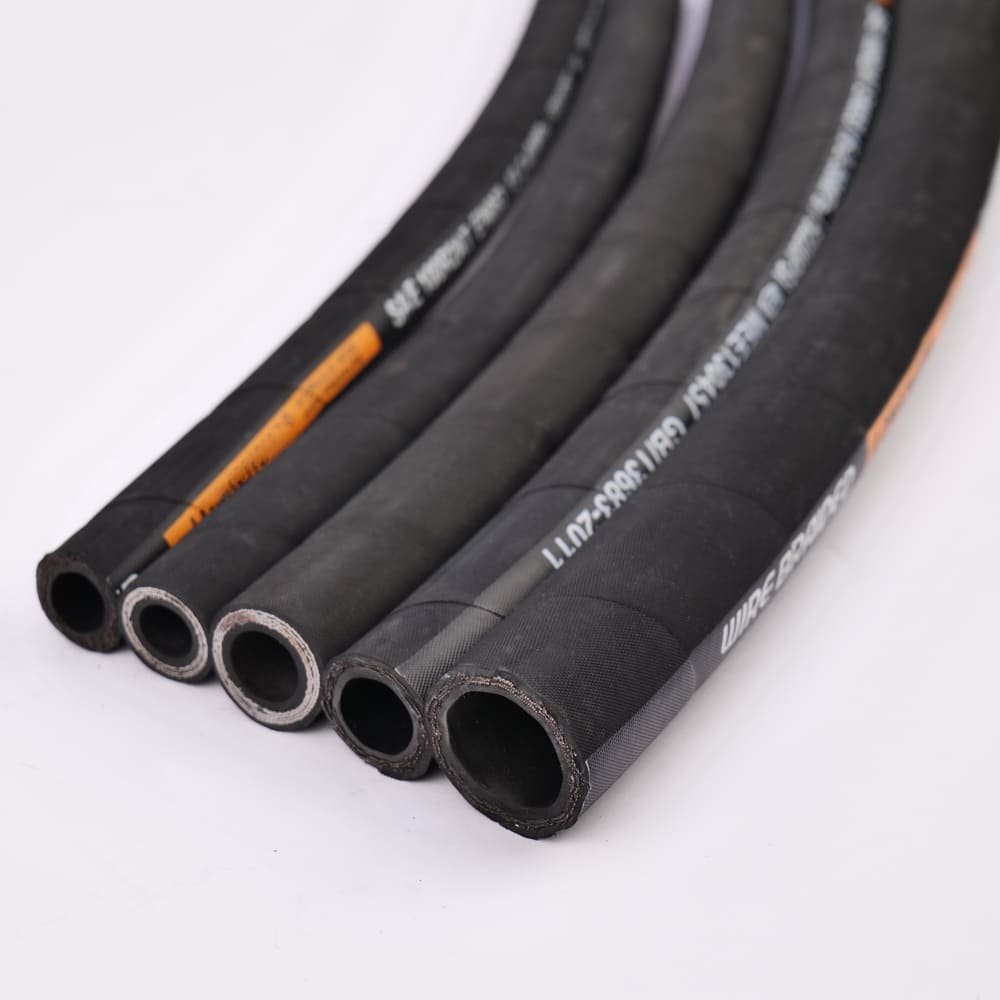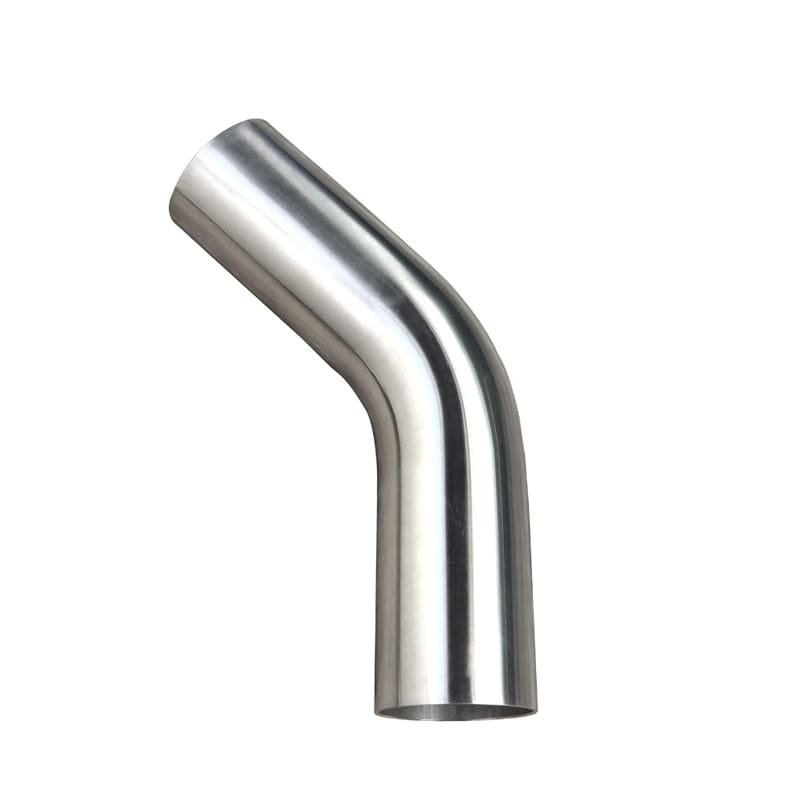Rubber hoses are a vital part of many industries, especially in the automotive sector. For those who make and sell rubber hoses, it’s crucial to extend the life of these products for cost savings, dependability, and customer happiness. Whether it’s coolant hoses in cars or industrial rubber hoses, taking good care of them is the key to making them last. In this guide, we’ll look at some practical ways to extend the life of your rubber hoses, so you get the most out of them.
How to Keep Your Rubber Hoses in Optimal Condition
It’s important to keep the inside and outside of rubber hoses clean for a long life. Regular cleaning of rubber hoses, both inside and out, helps prevent buildup that can lead to early failure. Keeping the inside cool and clean can greatly reduce wear and tear, ensuring the hoses last longer.
Periodically check for signs of wear and tear, as internal debris or contaminants can cause hoses to fail prematurely. Using coolants and lubricants also helps extend the life of a hose.
Common Causes of Hose Damage and How to Prevent Them
Rubber hoses can be damaged for various reasons. Exposure to high temperatures, ultraviolet (UV) rays, and chemicals can cause rubber to age faster, resulting in cracks, brittleness, or leaks. Here are the main causes of hose damage and what manufacturers and wholesalers can do to prevent them:
High Temperature and Heat Damage
Too much heat, especially from engine compartments, can make the rubber go soft and crack. Manufacturers should tell people to put insulation on their hoses or use hoses that can take higher temperatures when they need to.
Chemical Exposure
In industry, hoses often get exposed to chemicals that eat up rubber. Picking rubber hoses that resist chemicals or suggesting covering them can help fix this.
Poor Storage Conditions
If you leave your hoses outside in the sun or in areas where the temperature changes a lot, they will quickly break down. Ideally, hoses should be stored in cool, dry places where they are not exposed to UV rays. Encourage your customers to put their hoses away properly so they don’t rot.
How Do You Extend the Life of Rubber?
One of the easiest ways to make your rubber hoses last longer is to control the environment where they are stored and used. Rubber breaks down faster when it is exposed to extreme temperatures, UV light, and moisture. Here are a few tips:
- Keep rubber hoses in a controlled environment: Keep the temperature below 100°F and keep them out of direct sunlight or artificial UV light.
- Maintain proper humidity levels: If you need to store rubber products for a long time, put them in sealed, moisture-proof bags to prevent them from drying out and cracking.
- Avoid exposure to chemicals: If you limit your hose’s exposure to harsh chemicals, especially those with solvents, it will last a lot longer.
What Is the Best Lubricant for Rubber Hoses?
Lubricating rubber hoses is important, especially in automotive or industrial settings where flexibility is needed. Using the wrong lubricant can damage the rubber, but silicone-based lubricants are often recommended for rubber hoses because they work well and are compatible. Here’s why silicone is great:
- Compatibility with rubber: Silicone doesn’t hurt rubber, so it’s great for keeping rubber hoses pliable over time.
- Protection from drying: Silicone lubricants help to seal rubber, protecting it from drying out or cracking.
Encourage customers to avoid petroleum-based lubricants that will hurt the rubber, causing it to harden and eventually crack.
How Long Do Rubber Hoses Last?
In general, rubber hoses last about 3-5 years, depending on how well you take care of them. However, several factors can affect how long a rubber hose lasts, including:
- Usage: Hoses don’t like to be bent or kinked. Doing so will shorten their life. Driving conditions can also affect how long car radiator hoses last.
- Environment: Hoses that are exposed to extreme temperatures or chemicals will wear out faster.
- Material: Some rubber hoses are designed to last longer, especially those reinforced with materials that give them added strength and durability.
You need to check hoses on a regular basis. I recommend your customers check their hoses for any cracks, discoloration, or signs of wear and replace them immediately when they start to look old.
How to Make Coolant Hoses Last Longer
When it comes to coolant hoses in vehicles, keeping them in good shape is important for engine performance. Here’s how your customers can make them last longer:
- Change coolant when needed: Coolants should be changed when the vehicle manufacturer says so. This will help prevent contamination and keep the coolant system working right.
- Watch engine temperature: If your engine runs too hot all the time, it can make your hoses wear out faster. Keep your engine running at the right temperature to protect your coolant hoses.
Making sure you have the right coolant mix and not using cheap coolant additives are also important to making your coolant hoses last.
Tips on Cleaning Engine Rubber Hoses
Cleaning your hoses is important because it will make them last longer and work better. Here are some tips for cleaning your engine rubber hoses:
- Use a degreaser to clean hoses: Spray the hose with a degreaser following the manufacturer’s instructions. This helps to remove dirt, oil, and other contaminants that can deteriorate rubber.
- Blast it with water: After you degrease it, shoot it with water to get the rest of the dirt off. Don’t hit the hose directly with the pressure washer, or you’ll blow it up.
- Dry the hoses: Once you’re done cleaning, make sure the hoses are dry before you use them again.
Cleaning the hoses and the stuff around them keeps dirt and gunk from building up and ruining the rubber.
Using Rubber Hose Protectant and Conditioners
Hose protectants and conditioners are made to prevent cracking and extend the life of rubber products. They create a protective barrier that keeps UV rays and other nasty stuff from breaking down the rubber. Here’s how they work:
- UV protection: A lot of rubber hose conditioners have UV protection, which keeps the rubber from getting hard under the sun.
- Water repellent: These protectants also help keep water from soaking into the rubber, which can lead to swelling or rotting.
Applying these protectants regularly will keep rubber hoses flexible and durable, extending their life in harsh conditions.
Conclusion
Taking care of rubber hoses is important if you want to get the most out of them, especially in automotive and industrial applications. By cleaning them properly, keeping them out of extreme heat and cold, using the right lubricants, and applying protective coatings regularly, manufacturers and distributors can help make sure their hoses last a long time. Encouraging end-users to take care of their hoses is one of the best ways to keep costs down and make sure the product works when it’s supposed to.





